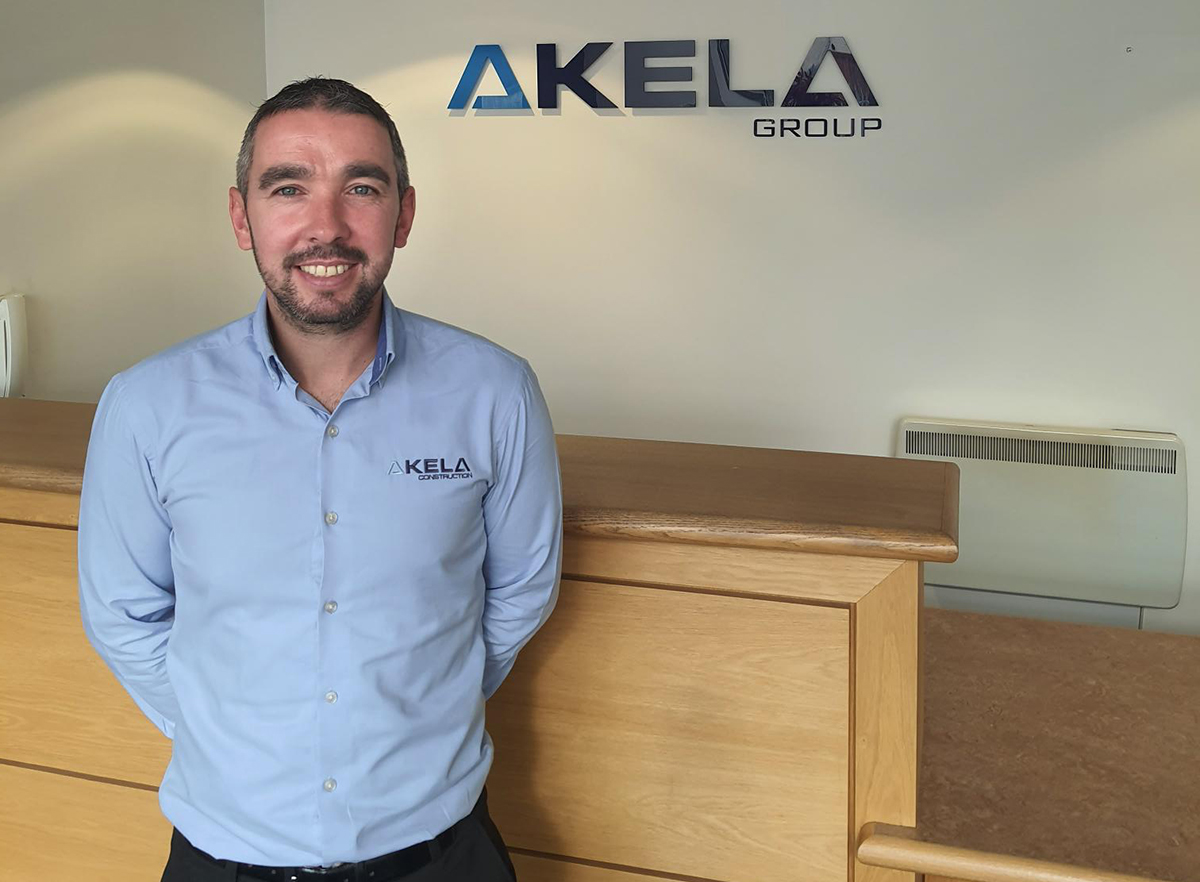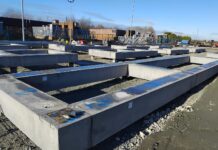
By Martin O’Donnell, health and safety advisor at Akela Group
THE construction industry has shown promising signs of recovery and new job opportunities are emerging amid the vaccine rollout. Yet, the industry is still facing a significant challenge – the chronic skills gap. According to the Construction Skills Network (CSN), the Scottish Construction industry needs to recruit an extra 26,250 workers by 2025 just to meet existing demand.
Filling the skills gap becomes even more challenging and nuanced with an ageing industry workforce. As many construction workers approach retirement age, an increased emphasis on creating accessible and youth-friendly opportunities becomes more vital to attracting the next generation of young talent and ensuring the long term prosperity of the sector.
Fortunately, the Akela Group – a multi-disciplinary construction services and civil engineering company – has been recruiting, training, upskilling and retaining apprentices – and the wider workforce – from the outset.
Working closely with partner employability programmes to offer a range of opportunities is a tried and tested route for the group to access young talent in exchange for providing industry recognised training certification and opportunities for long term employability.
This year, over 30 apprentices have joined the Akela Group and continue to thrive within the company. This can largely be attributed to our approach which utilises a mix of on-the-job and classroom-based training, whilst also tapping into knowledge reserves via mentorships through our experienced trainers and assessors, meaning that our site managers can share their knowledge and experience with new recruits.
These mentorships have and continue to play an important role in both supporting our young people on their career journey and closing the knowledge gap – ensuring that when employees at the latter end of their career retire, the next generation has the tools that they need to succeed in the sector.
Of course, as the industry transitions and strives to build as close to net zero as possible, equipping the sector with ‘green skills’ has added further complexity to the skills gap predicament. Indeed, a PwC report revealed that the demand for green jobs in Scotland is higher than in any other part of the UK. Training, upskilling and reskilling the workforce is critical if our sector is to play its part in realising climate change ambitions.
Possessing green skills and environmental accreditations are not a prerequisite for joining the Akela Group, however, we are uniquely placed, with our Tala Training arm, to upskill workers when they come onboard, offering CITB-approved training courses which include environmental aspects – such as site environmental management systems, waste, recycling, pollution control and soil management.
Sustainability is important to us as a group and our internally focused IMS core team, who continue to assess the group’s environmental impact and develop ways to reduce our carbon footprint. The result is that we are better placed to steer our own operations and client base towards more sustainable solutions, whilst providing the highest quality of service that we have become widely known for in our industry.
Akela Ground Engineering is a good example of this, as they continue to find solutions to reduce their own carbon footprint by using techniques and materials that help to cut waste, such as using steel tubular piles returned to shore by oil companies for recycling purposes.
Evidently, the skills gap is a multi-faceted problem and plugging it requires a multi-tiered solution.
Utilising apprentice schemes similar to the one that the Akela Group offers will go some way towards creating opportunities for the next generation of young talent to enter the industry. Moreover, as we pivot to building more sustainably, the workforce needs to be suitably equipped to be able to deliver net zero aspirations which require upskilling and reskilling the workforce.
We are creating our own talent pipeline to meet the future demands of the sector for the long term prosperity of the company.
But it is only through industry-wide action that we can traverse the gap – the prosperity of the sector is counting on it.








